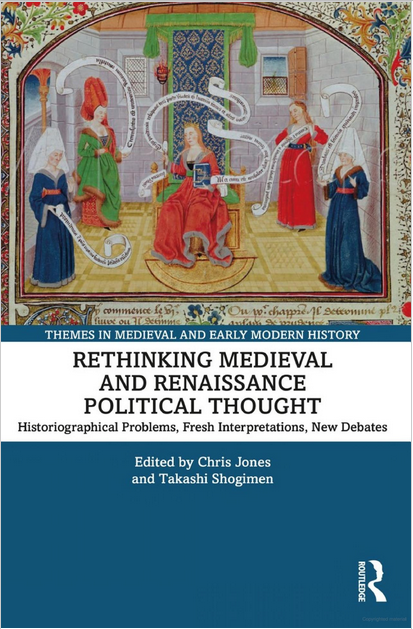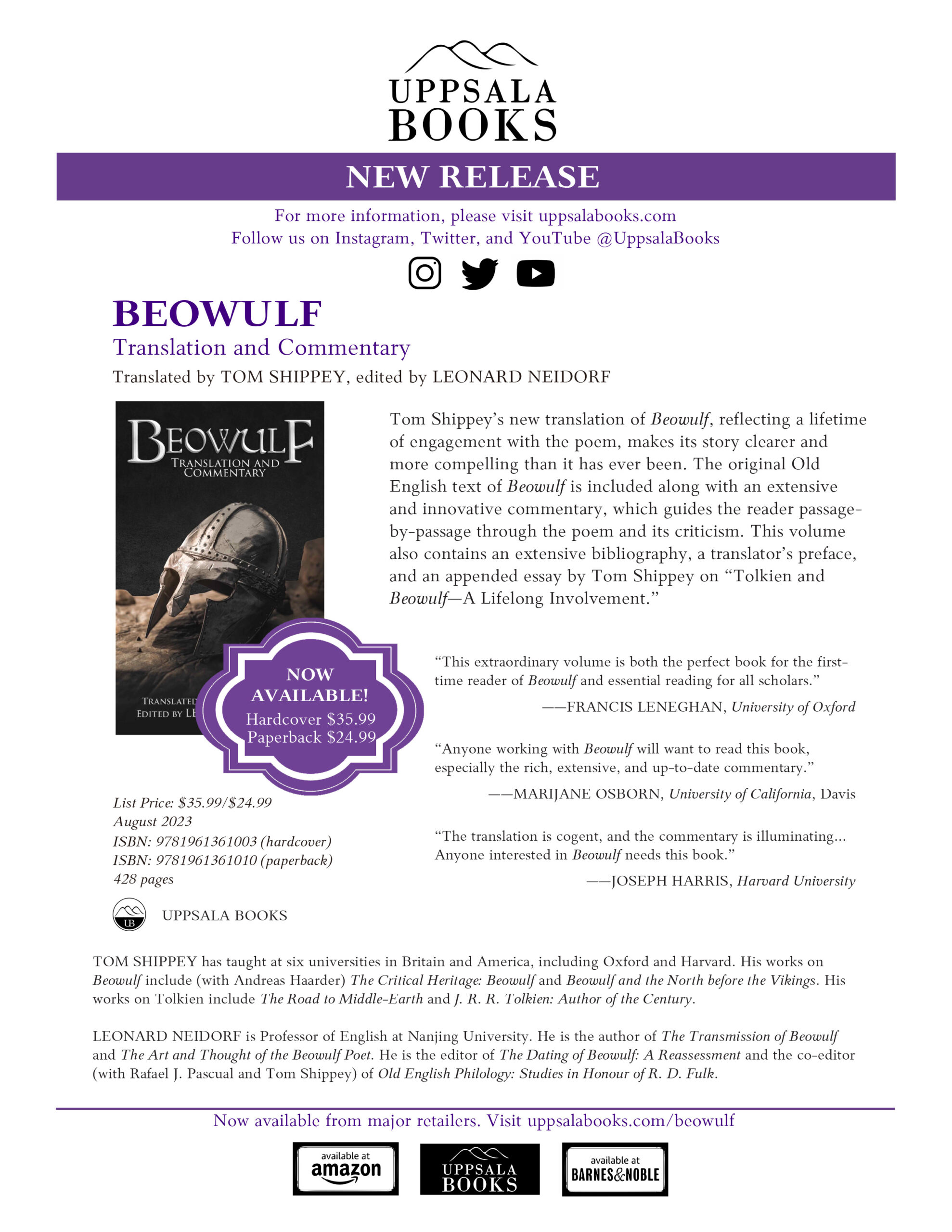Gender & History is an international journal for research and writing on the history of gender and gender relations, including (but not limited to) masculinity and femininity.
This Special Issue will examine segregation, broadly understood, exploring how segregation has reflected and constructed gender across time and space. This Special Issue welcomes submissions from scholars studying any country or region, and any historical period, including the classical, medieval, early modern, and the modern.
Segregation is the physical, cultural, or legal separation of groups on the basis of self- or external demarcations of difference and can be observed in many different, but by no means all, human societies of the past. Gendering segregation is a fruitful lens to interrogate relations of power and to do so in spatial settings such as homes, communes, schools, religious institutions, workhouses, prisons, leisure facilities, or others. Additionally, analysing the gendering of segregation—within premodern and modern societies and throughout the world—opens routes towards more capacious understandings of important themes of inquiry such as histories of sexuality, labour, science and technology, politics, feminism, and social identities.
This issue examines how and why segregation has been used as a tool for constructing and policing gender boundaries, at the intersection with race, age, status, class, functionality, ethnicity, religion, sexuality, nationality or other historical ideas of human identity and categorization. We particularly welcome studies on transgender and/or non-binary aspects of the presence – or absence – of segregation in past societies. This issue understands segregation as both a framework of control through imposing binarity and as an individual strategy. We also welcome investigations of how and why gender segregation has been used as a coping mechanism and a strategy of subversion. We also seek to critically engage with scholarly narratives such as the ‘separate spheres’ paradigm.
Possible topics include, but are not limited to:
• Segregation through and of labour
• Segregation and race
• Scientific and legal logics of segregation
• Segregation in the home
• Segregation in education
• Segregation in sports
• Segregation over the life course
• Segregation as a political strategy
• Self-imposed segregation
• Segregation as a religious practice
• Segregation and urbanism
• Segregation and colonialism
Interested colleagues are asked to submit a 500-word abstract and a brief biography (250 words) by email no later than 31 May 2023 for consideration. Please submit materials to genderandhistory@sheffield.ac.uk.
Abstracts will be reviewed by the Special Issue editors and successful authors will submit full drafts (6,000- 8,000 words) ahead of participation in a hybrid colloquium, which will be held in Bonn, Germany, in partnership with Research Area E (Gender and Intersectionality) of the Bonn Center for Slavery and Dependency Studies. We hope to be able to fund travel and accommodation for all participants. After the colloquium, the editors will select contributions to proceed through the journal’s peer review system. As with any submission, there is no guarantee of publication.
The Special Issue will be edited by Drs. Daniel Grey, Lisa Hellman, Julia Hillner, and Rachel Jean-Baptiste.
Special Issue Timeline
Abstract Proposals to SI editors: 31 May 2023.
Decisions communicated: 1 July 2023.
Draft papers submitted for circulation: 15 March 2024.
Colloquium: 25-27 April 2024.
Full submissions submitted for peer review: 1 September 2024.
Contributions in progress to G&H Editors: 1 March 2025.
Edited MS, illustrations and permissions: 31 May 2025.
Publication: October 2025.
Further information on Gender & History can be found here.







